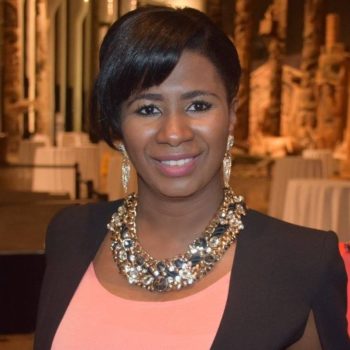
Embracing the Legacy, Shaping the Future: Black History Month Unveiled
by Ketcia Peters
In the mosaic of our shared history, Black History Month emerges as a spotlight, not just on the struggles and victories of the past, but rather, as a celebration of Black culture today.
As we delve into this month of commemoration, we should understand that it is more than a reflection of historical milestones.
It’s a journey of understanding, connection, and a call to reshape our collective narrative.
The echoes of historical injustices resonate in today’s struggles for equality. From the resilience of those who dared to defy the shackles of slavery, to the pioneers of the civil rights movement (whose spirits live on to these days) to the modern advocates who try to redefine how our society works.
You see, Black history is not confined to a timeline. It pulses through our contemporary culture — in the rhythms of music, the eloquence of literature, and the unyielding resilience woven into the fabric of everyday life.
Black culture stands as a testament to the transformative power of arts in the face of adversity. The cultural alchemy born from struggles creates a narrative that transcends time.
Yet, this month it’s not just about History. It’s about our history, including the one we’re still writing.
Black creators today, for example, draw inspiration from an incredible, and astonishingly rich and varied heritage. It’s a weave of stories that resounds the triumphs and tribulations of our people.
But while celebrating the triumphs, Black History Month should prompt us to confront uncomfortable truths — the flaws etched in history that still cast shadows today.
Understanding the struggles is as crucial as lauding the triumphs. Acknowledging the systemic inequalities that persist is the first step toward dismantling them.
And it goes the same in acknowledging the profound issues we still have within our communities, our culture, our arts. That is also immensely important for change.
Black History Month is a period of celebration of who we are, where we come from, how we’ve reached what we have. But it shouldn’t be solely a celebration. It should be that time of the year when thanks to the great attention these days have for all of us, we analyse our flaws and how we can better things.
It should be a period where our collective narrative, from the arts and their power to politics and its weight, is shaped and directed towards the betterment within our own communities.
Of course, some flaws are not our responsibility. Heck, most of the flaws we have as a larger community are not even remotely our fault. They’re directly the cause of the struggles we faced throughout centuries of systematic failures from who was in power.
And, getting back to the example of artists: we used society’s flaws and our own issues as a source of innovation, creativity, and a sort of liberation from the troubles we faced, and most of the time we still face.
But this should never mean we should rest on our laurels and passively go on, as if all our troubles are external only.
Black History Month is a period where we can learn through our history how we should change, why, on what, and guide us in creating a new collective narrative. One where the struggles of the past and the present are not downplayed while recognising that something must change from within.
Black History Month isn’t just a celebration; it’s a call to introspection, pushing us to recognise our collective responsibility in reshaping societal norms. Even ours.
In embracing Black History Month, let us not merely applaud the achievements but commit to learning from history’s and our own flaws. Through understanding, empathy, and collective action, we can create a narrative that transcends divisions and closes the gaps.
Meanwhile, celebrating the richness of Black culture as an inseparable part of our shared human experience.
